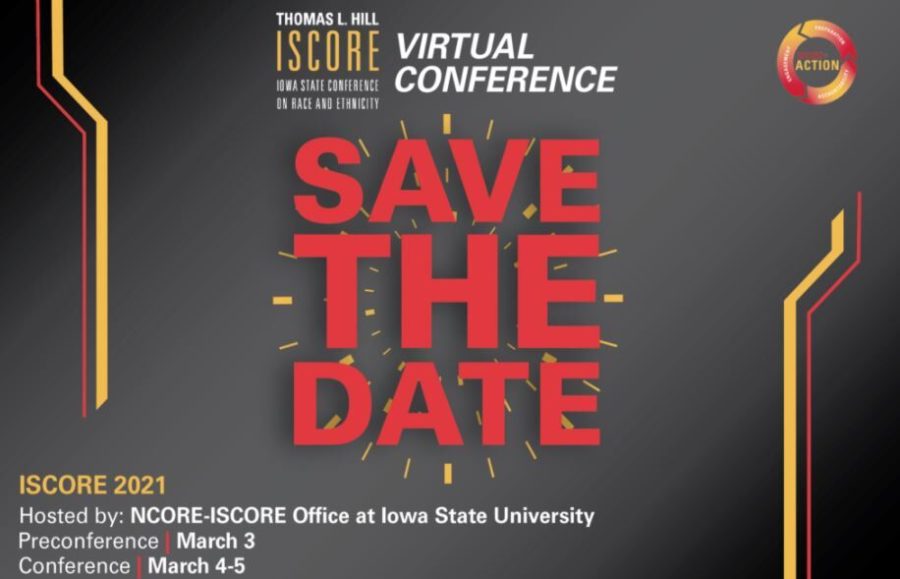‘Me and White Supremacy’ ISCORE session addresses anti-racist literature groups
The “Me and White Supremacy” ISCORE session included how anti-racist literature circles have benefited those involved for the betterment of the community.
March 5, 2021
The ISCORE session “Me and White Supremacy: Promising Practices for Facilitating and Maintaining Accountability in Anti-Racist Literature Circles” was presented by Jen Leptien, director of learning communities; KP Williams, assistant teaching professor of liberal arts and sciences administration; and Nancy Gebhart, graduate student in education. They discussed the benefits each one has received from holding their own anti-racist literature groups.
“Anti-racist acts are being used more and more,” Williams said. This quote is indicative of these groups’ mission to help educate and empower members to take a stand against white supremacy.
The primary literature discussed in these groups is “Me and White Supremacy” by Layla Saad. Creator of the of the 28-day social media challenge of introspection and guided reading, Saad decided to write this book to make the trend more accessible to all.
The New York Times bestseller follows the original social media challenges format of being a 28-day self-improvement for white or white-centered people in combating white supremacy.
Each group, while formatted slightly different, met around four times over a month period.
“Three areas we wanted to base our group around are convening, facilitating and holding each other accountable,” Williams said. “… We needed everyone to engage and not just passively engage in these conversations.”
Williams said these groups used a newer approach known as the circle waves method. This process has numerous unique features, such as each meeting having a guardian to pay attention to the wholeness and wellness of the circle and to be in charge if conversation should stop and everyone should take a break and a step back.
“In these groups of white people, white centering can happen really easily,” Gebhart said.
This session was so impactful that all three groups are planning to meet again, with Williams’s group even planning to continue on with similar literature.
“I do think that our first response is that this is something that should be done in person because it is a vulnerable space and it helps to see people in person; however, I believe there are positives other than safety and community, such as having the option to see people on screen by talking to each other by names and being able to see each other’s pronouns and being able to use the chat feature,” Gebhart said.







